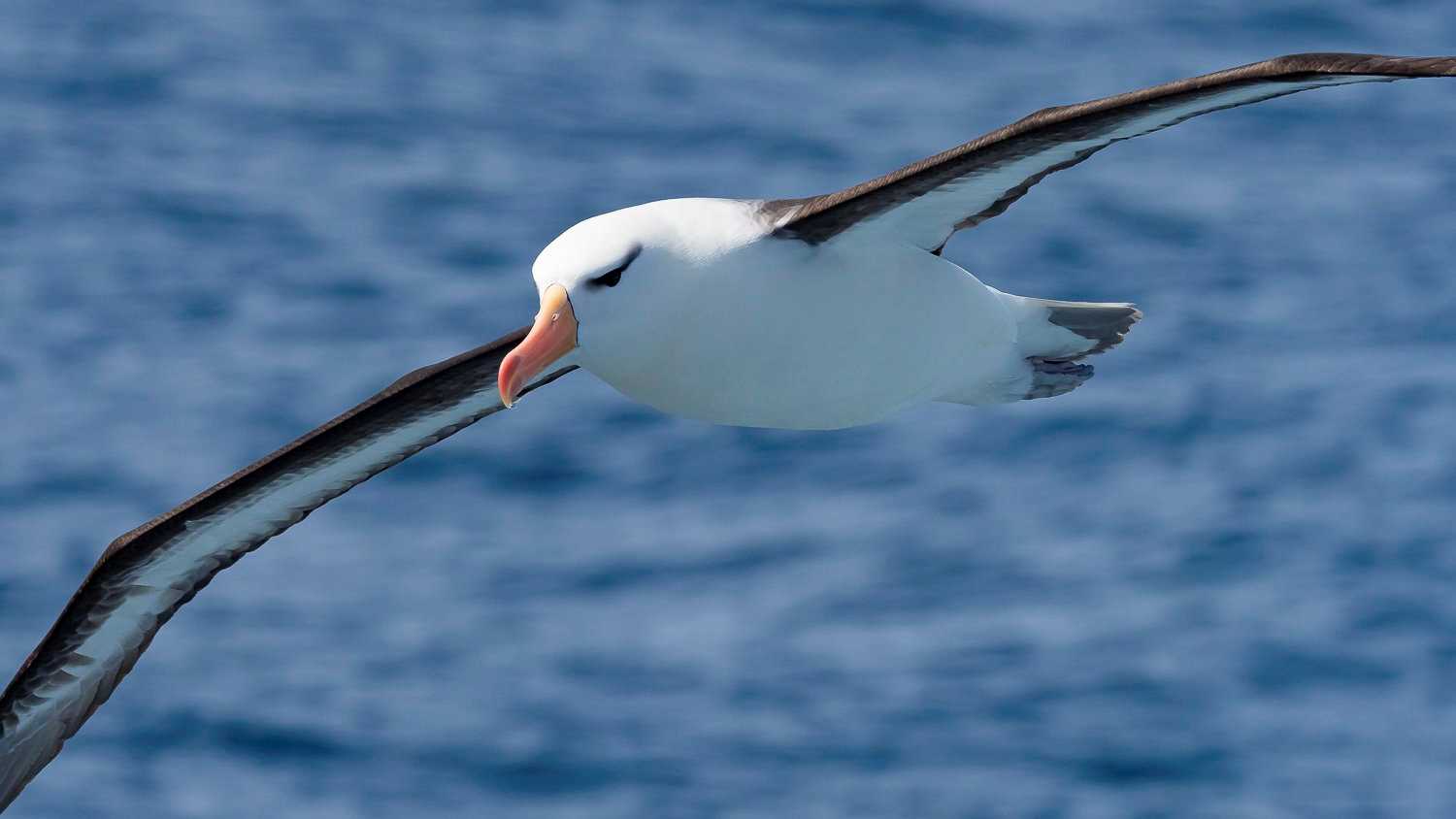“It seems like a dream now…”
—Spoken this morning by a guest having coffee.
Was it only ten days ago when we casted off from Ushuaia, almost trembling with anticipation of what was to come? Have we really come this far in so short a time? Perhaps each wave we passed was a mark of time, as if the ocean had replaced clocks as our timekeeping piece. Instead of a few thousand nautical miles, it was a few thousand waves.
Or was it the hundreds of icebergs passing the windows; some so huge they earn a name; most simply beautiful, unique and anonymous. How do we account for the light at midnight of Christmas? Was that a sunrise or sunset? Somehow, it didn’t matter.
This expedition has meant a re-defining of the concept of time. How many passing humpbacks constitute 240 hours? If the whales measure the hours of our days, then the skuas flying past are surely the minutes of each hour. Days begin not with a sunrise, but by a soft voice from the PA system, a system that now seems a far more advanced way to tell time than any atomic clock.
Even a skilled penguin counter would utterly fail to estimate the total number penguins we have seen since climbing the gangway in Ushuaia. Count the muddy web feet squishing through the guano and divide by two, then multiply by the passing flocks of blue-eyed shags.
This voyage began with a ship full of strangers with little in common other than a desire to explore. As National Geographic Orion sails west down the Beagle Channel, she returns to Argentina filled with a single family, 172 brothers and sisters brought together by a place called Antarctica.
Tomorrow will be a day of farewells, of hugs and tears and handshakes, and slowly we will each fly off in our own directions – like wandering albatrosses, looking for new horizons.







